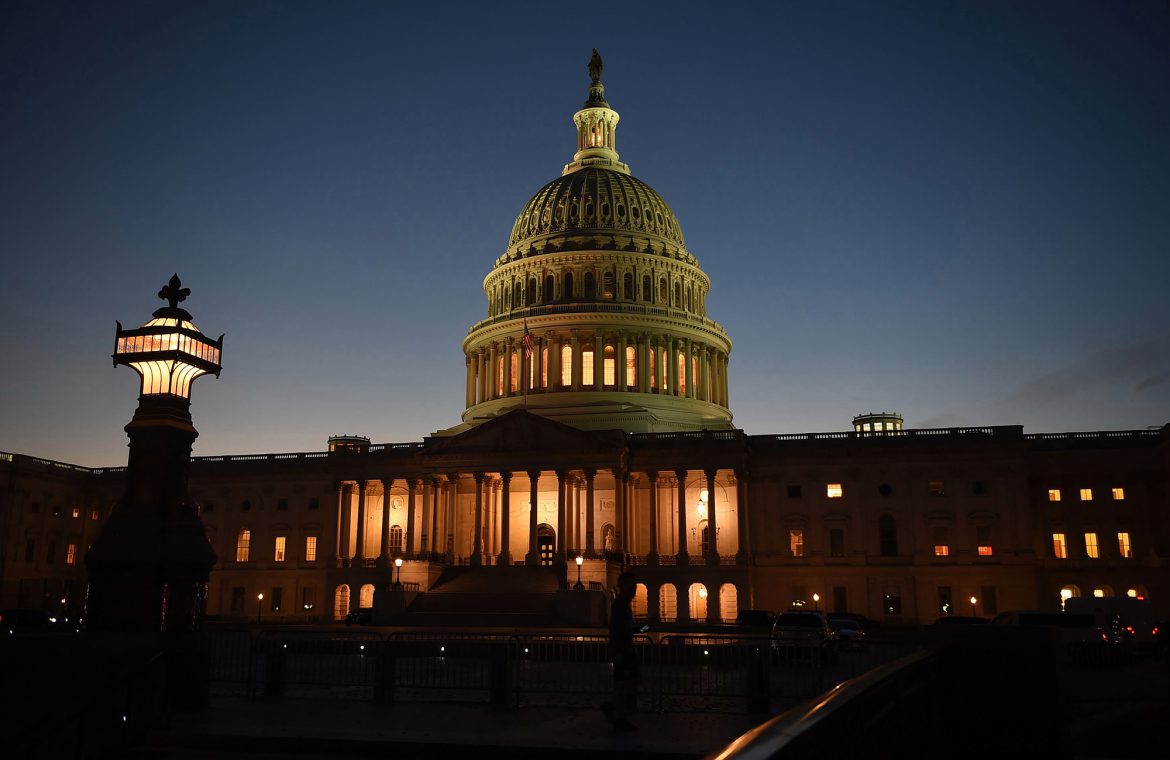[ad_1]
Congress returns to work Monday in Washington for a final pre-Christmas stretch of legislating before the holidays but remains no closer to passing broadly supported COVID-19 pandemic relief items, such as another round of $1,200 stimulus checks.
House Democrats and Senate Republicans for months gridlocked on new relief legislation, despite most lawmakers agreeing on core elements, such as another round of stimulus checks, a revived federal unemployment insurance subsidy and more forgivable loans for small businesses.
The last legislation en route to President Trump’s desk is likely to be a government funding deal before a Dec. 11 deadline to prevent a partial government shutdown — potentially a vehicle for relief, though both sides already agreed in principle to the size of that package.
Republicans led by Senate Majority Leader Mitch McConnell (R-Ky.) argue legislators should first pass the most popular pandemic items, then debate and horse-trade on the more contentious details. Democrats led by House Speaker Nancy Pelosi (D-Calif.) say a comprehensive COVID-19 bill is needed.
Sad tales on TV from restaurant owners facing bankruptcy and massive food pantry lines did not break the impasse.
Key points of contention remain unchanged: Democrats want a large amount of funds for state and local governments, which Republicans are wary of giving, arguing it would effectively bail out poorly run Democratic areas. And McConnell insists on including liability protection for businesses except in cases of gross negligence and misconduct, which most Democrats reject as potentially allowing firms to recklessly endanger people’s health.
Although both sides generally agree to large amounts of funding for schools and COVID-19 health care, many Senate Republicans are anxious about adding to the national debt after blowing through trillions this year amid mass unemployment. Many conservatives vehemently oppose fully reviving a $600 weekly unemployment subsidy, which in some states can result in people earning more not working.
After negotiations failed, Trump in August signed executive orders to establish a national ban on evictions during the pandemic and defer student loan payments. He also partially resurrected the $600 weekly unemployment supplement, though those funds are now depleted.
House Democrats passed a more than $3 trillion relief bill in May, and say they are willing to agree to a $2.4 trillion deal. Republicans in July unveiled a $1 trillion counteroffer.
The next session of Congress begins Jan. 3, with Pelosi holding a narrower House majority and control of the Senate in flux. Republicans will hold at least 50 Senate seats, but two seats — and control of the chamber — will be decided by a pair of Jan. 5 runoffs in Georgia.
President-elect Joe Biden last week denied a report that he might be willing to break with Pelosi and agree to a compromise relief bill with Republicans.
[ad_2]
Source link








